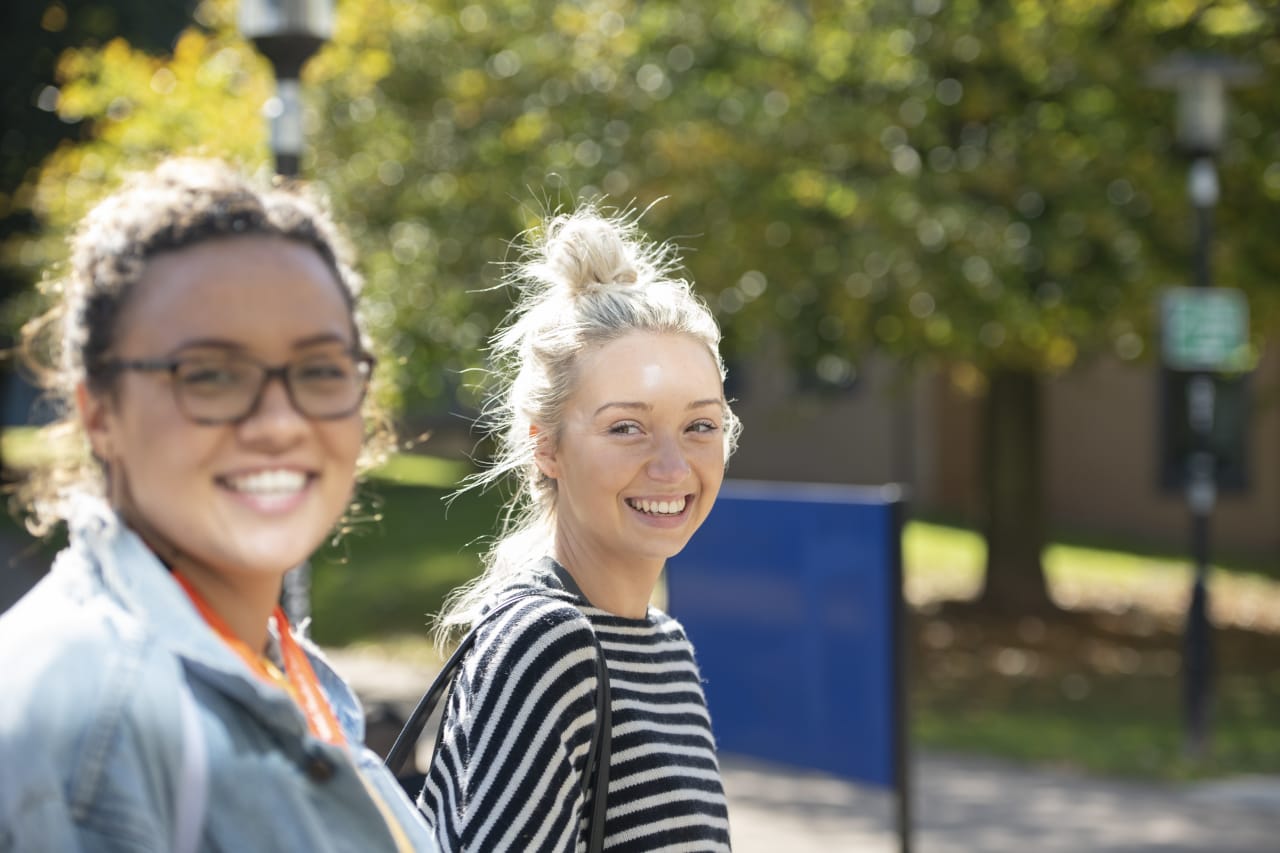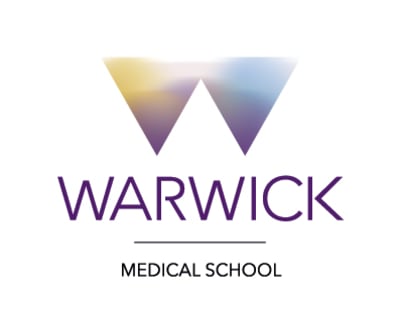
BSc Health and Medical Sciences
Warwick Medical School

Key Information
Campus location
Coventry, United Kingdom
Languages
English
Study format
On-Campus
Duration
3 years
Pace
Full time
Tuition fees
GBP 9,250 / per year **
Application deadline
Request info *
Earliest start date
Request info
* some courses may still consider applications after this date
** annually for home students; £21,220: annually for overseas students. Additional fees & costs may apply
Scholarships
Explore scholarship opportunities to help fund your studies
Introduction
Do you have a passion for promoting health through science? Are you interested in understanding complex problems in human health? Do you want to advocate for change and help to improve health outcomes for individuals and populations? If the answer is yes then the BSc Health and Medical Sciences could be for you.
Started in 2020, our course is designed to enable students to address current local and global problems in health through the integrated perspectives of Health Science and Medical Science to create multi-disciplinary solutions.
The BSc in Health and Medical Sciences will help you address current local and global problems in health through the integrated perspectives of health science and medical science. It will equip you with the vital skills to be able to make a valuable contribution and impact on health in our society, both locally and globally. Case-based learning, a signature educational approach for Warwick Medical School, and small group teaching feature heavily in the delivery of the course.
Why study Health and Medical Sciences at Warwick?
- You will learn from highly regarded researchers who are experts in their field.
- You will develop a set of highly transferable skills that are sought after by employers including interpersonal skills; critical thinking; the ability to be able to synthesise evidence and information across disciplines and from multiple perspectives; team working; ability to construct novel solutions or transfer solutions across settings to solve problems; time management; project planning and delivery; digital literacy and the ability to scrutinise digital solutions from different viewpoints; analytical and numerical skills and advanced communication skills, including the ability to inform multiple and varied audience types.
- You will benefit from a variety of teaching and assessment methods incorporating case-based learning, small group learning, technology-enhanced learning and independent enquiry based learning.
- The University of Warwick is consistently ranked highly in university league tables:
- We are the 3rd most targeted university by the UK’s top 100 graduate employers (The Graduate Market in 2020, High Fliers Research Ltd)
- We are ranked 4th in Europe for teaching in The Times Higher Education (THE) teaching rankings with only Oxford, Cambridge and the Sorbonne ranked higher.
- We were ranked 7th overall among UK research universities in the most recent Research Excellence Framework.
Essential information
Contextual data and differential offers
Warwick may make differential offers to students in a number of circumstances. These include students participating in the Realising Opportunities programme, or who meet two of the contextual data criteria. Differential offers will be one or two grades below Warwick’s standard offer.
Warwick Scholars Programme: We support Warwick Scholars Programme.
UCAS code: B990
Award: Degree of Bachelor of Science
Duration: 3 years full time (30 weeks per year)
Location of study: University of Warwick
Admissions
Curriculum
Course structure
The course addresses current local and global problems in health through the integrated perspectives of health and wellbeing science and medical science, covering six main thematic areas:
- Non-communicable diseases
- Infectious disease
- Physical health
- Mental health
- Nutrition
- Civil strife and displacement
We will teach you to understand the underpinning science, identify real-life solutions, enable their application and act as facilitators and analysts to make a valuable contribution and ultimately make a positive impact on our health in society.
Modules
The course is designed to enable you to address current local and global problems in health through the integrated perspectives of health and medical sciences, aligned to the following problem areas; non-communicable disease, infectious disease, physical health, mental health, nutrition, and civil strife and displacement.
Years one and two have no wet lab component. In year three you can decide the topic and type of project you would like to do for your dissertation. For example, you can conduct a laboratory-based research project in the area of biomedical sciences and biomedicine, focused group studies, analysis of patient data or you may wish to undertake a literature review. Explore the modules below to find out more about the areas you will study.
Year one
In your first year will study the following core modules:
- Concepts in Health and Medical Sciences
- Systems: Cell to Society
- Illness: Susceptibility and Inequality
- Wellbeing: Mental Health and Neurobiology
- Methods of Enquiry
Year two
In your second year, you will study four core modules and will have the opportunity to choose an optional module.
- Core modules
- Food: Nutrition and Malnutrition
- Infection: Prevention and Outbreaks
- Interactions: Environment and Genes
- Pathways to work in health
- Optional module
- You may also choose a 15 CAT University approved an optional module from the catalogue in your second year. This may be an Institute of Advanced Teaching and Learning (IATL) module or could be from a variety of other departments (e.g. Global Sustainable Development; GSD).
Year three
In your third year you will study the following core modules:
- Project Planning
- Advanced Cases
- Making a Difference with Research and Science
- Technology and Health
- Dissertation project
- Transdisciplinary Perspectives
Support
We will work together with you to identify your support needs as you progress through the curriculum. We will identify any areas where you need additional support and we will provide that support. There will be a focus on contact and personal development time, enabling you to work with expert academics with an adaptable approach. Warwick has an extensive range of student support services, including Counselling Services, Students’ Union Advice Centre, Mental Health Coordinators, Chaplaincy, Disability Services and many more.
To help you settle in, you will be allocated an academic member of staff as a personal tutor. Your personal tutor normally stays with you throughout your degree and is your first point of call for any academic queries or concerns. Regular contact with your personal tutor throughout your course provides one-to-one support for your academic work and career development. Our senior tutors will also work alongside your personal tutors to ensure your welfare and wellbeing while you are studying with us.
How will I learn?
The course encourages engagement and active involvement in a broad range of structured and specifically designed learning activities centred around real-world cases. This case-based learning approach will allow you to develop problem-solving skills and integrate your learning, working closely with your peers in small teams.
As an additional feature of the course, some of the content will be delivered wholly online to give flexibility and to develop personal responsibility in your studies. Directed learning activities, project work, additional reading and reflection as well as preparations for group work and assessed elements will take up the rest of your time.
Class size
We expect the class size to be around 50 for full cohort sessions. Case-based learning and other small group activities will be in groups of around 10 students.
How will I be assessed?
The course includes a mix of examinations, written course work, presentations and skill-based assessment types. Many modules have more than one assessment type so that you can convey your understanding of module material in diverse ways as we all learn in different ways.
Gallery
Career Opportunities
Graduates will be positioned to move into a range of work areas that might impact health, including, but not limited to:
- Public Health, health promotion and surveillance
- Corporate social responsibility
- Industrial and graduate training programmes in health
- Non-governmental organisations
- Health service management and administration
- Biomedical or health sciences research
- Community engagement and transformation in health
- Graduate entry to health and clinical education programmes
Student Testimonials
English Language Requirements
Certify your English proficiency with the Duolingo English Test! The DET is a convenient, fast, and affordable online English test accepted by over 4,000 universities (like this one) around the world.